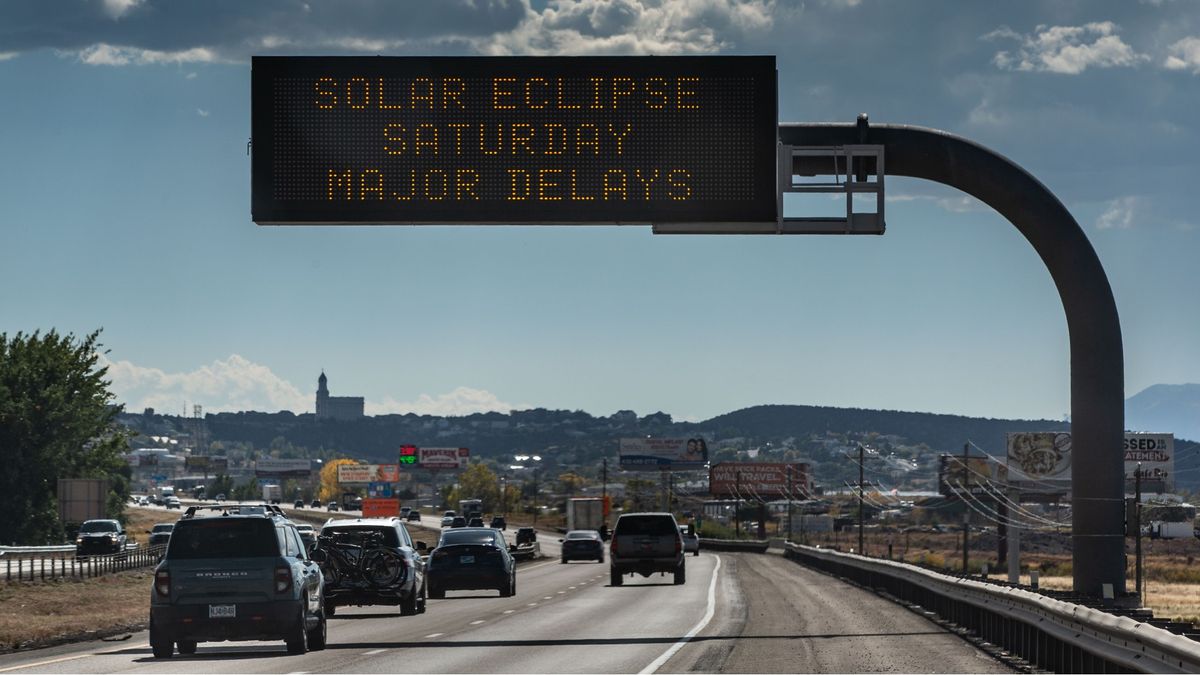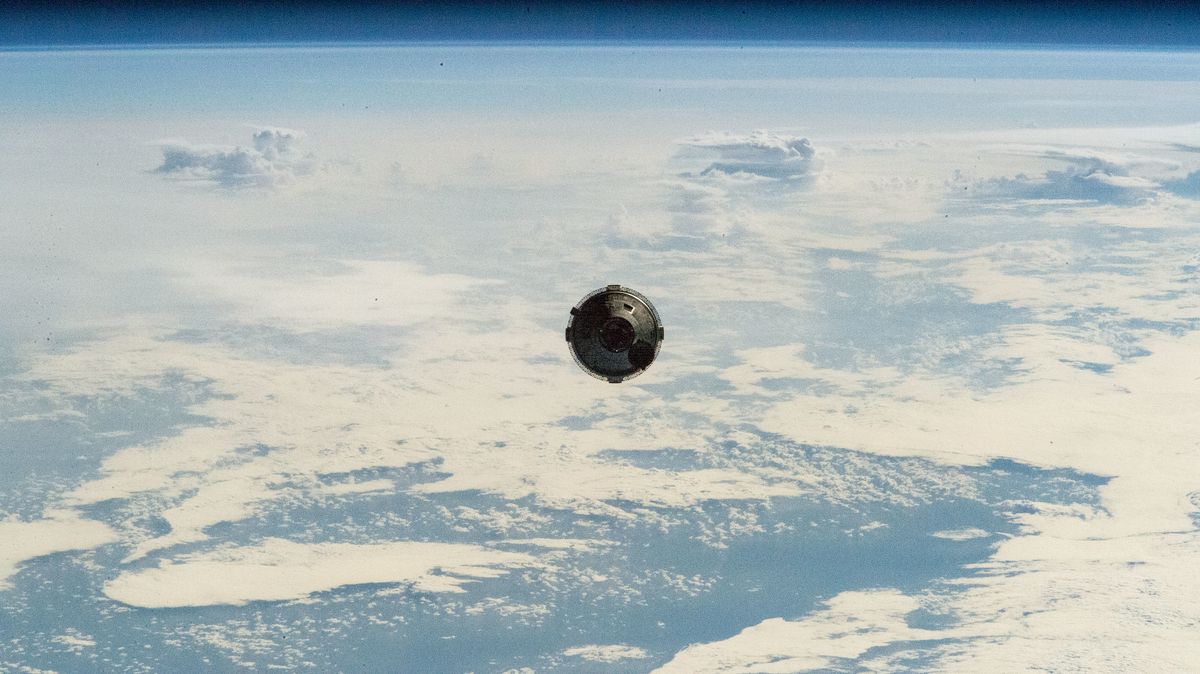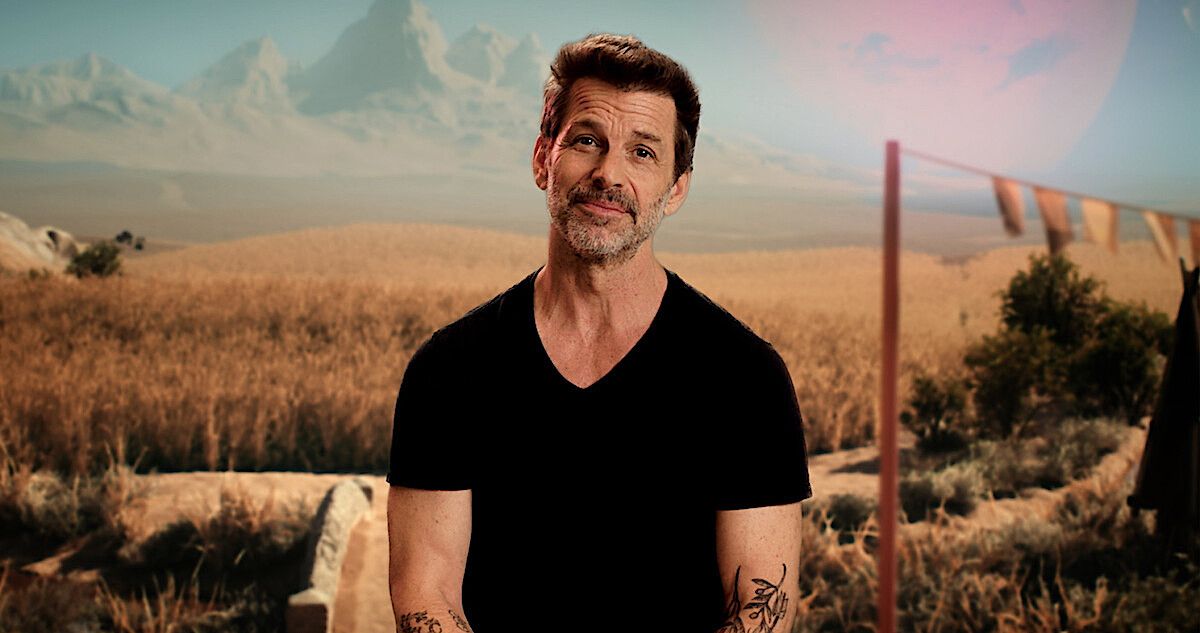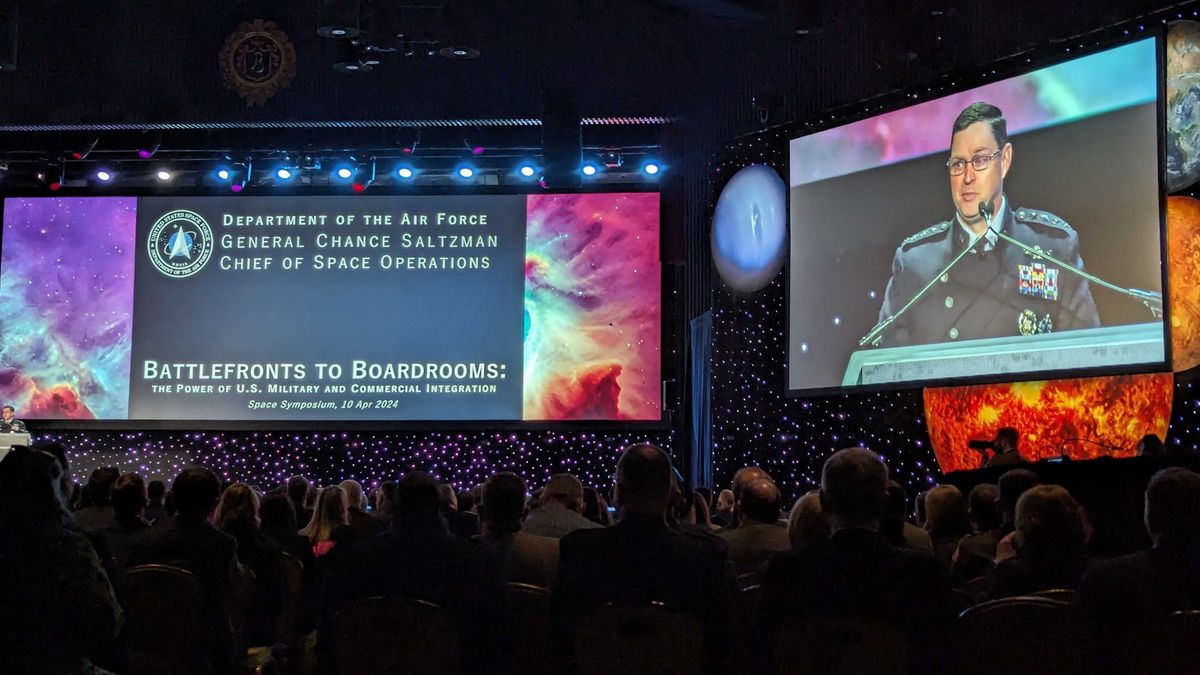Impact of Solar Eclipses on Road Safety
The upcoming total solar eclipse on April 8 has sparked concerns among scientists regarding a potential rise in fatal car accidents, as highlighted in a recent report. While traditionally, the focus has been on eclipse-related eye injuries, the aftermath of the “Great American Eclipse” in 2017 revealed a notable surge in fatal crashes across the United States.
The research, published in the esteemed journal JAMA Internal Medicine, delves into the unexpected connection between solar eclipses and vehicular accidents. Interestingly, the spike in crashes was not attributed to the temporary darkness induced by the eclipse itself. On the contrary, there was a significant decrease in accidents during the actual eclipse hour.
Precautions and Analysis
However, the primary concern lies in the hours leading up to and following the eclipse. Dr. Donald Redelmeier, a distinguished professor of medicine at the University of Toronto, emphasized the risks associated with travel to and from observation spots. The situation is further exacerbated during the post-eclipse period, particularly on the journey back home.
During the 2017 eclipse, approximately 20 million individuals in the U.S. ventured to different cities to witness totality, with the narrow path of totality spanning a mere 70 miles. This narrow band offered viewers an unparalleled spectacle of the moon obscuring the sun. Consequently, the influx of travelers navigating to these prime viewing locations substantially impacted road traffic.
For the upcoming solar eclipse on April 8, viewers within the path of totality can anticipate witnessing totality for a duration ranging from 2.5 to 4.5 minutes, contingent on their precise location. Conversely, those outside the path’s boundaries will only experience a partial eclipse.
Research Findings and Recommendations
In light of the traffic congestion observed during the 2017 eclipse, Dr. Redelmeier and Dr. John Staples conducted a meticulous analysis to evaluate the prevalence of life-threatening road accidents. By examining data from the National Highway Traffic Safety Administration’s Fatality Analysis Reporting System, a stark discovery emerged.
The study highlighted a concerning 31% increase in fatal crashes during the eclipse compared to equivalent timeframes. These findings parallel the heightened risk typically associated with major travel holidays like Thanksgiving and July 4th weekend. Notably, the risk fluctuated leading up to, during, and after the eclipse, with more pronounced spikes in areas blessed with clear skies.
In preparation for the upcoming eclipse, Dr. Redelmeier underscored the significance of adhering to standard safety protocols. These measures encompass meticulous attention to speed limits, reduction of distractions whilst driving, diligent signaling of turns and lane changes, and the consistent use of seat belts.
It is essential to acknowledge that the study primarily focused on fatal accidents. Although it is likely that the eclipse-induced traffic surge also culminated in less severe incidents, the data remains inconclusive on this front. Regardless of one’s interest in astronomy, the looming eclipse serves as a poignant reminder of the shared responsibility that governs road safety for all commuters.
Image/Photo credit: source url





